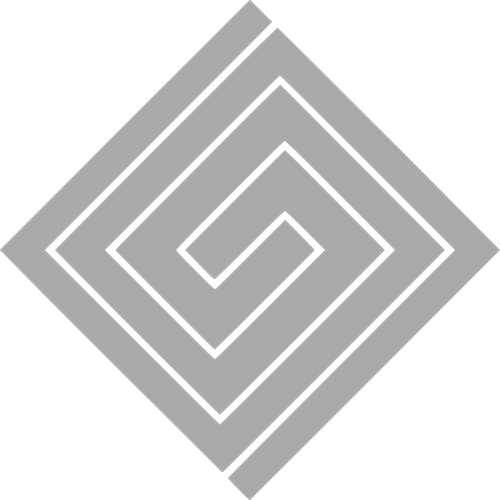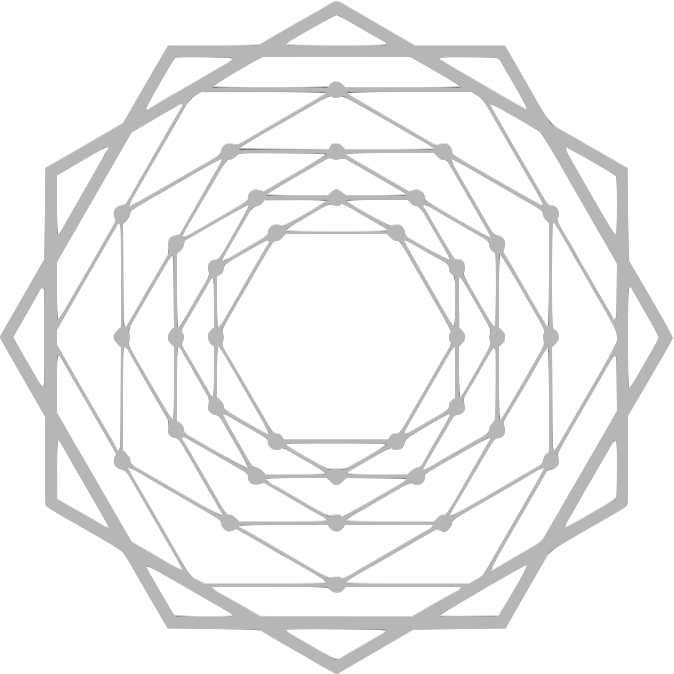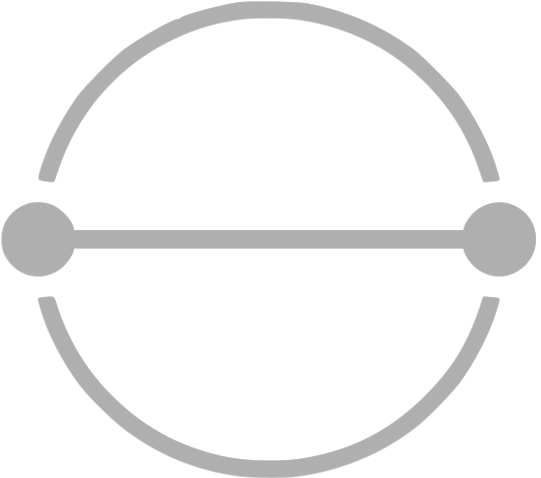

Depression & Consciousness
Depression is a state of profound disconnection from the stillness and balance of Consciousness, where awareness becomes trapped in repetitive, unconscious patterns of thought and emotion. Unlike stress or anxiety, depression often manifests as a pervasive sense of heaviness, hopelessness, or numbness, stemming from a prolonged misalignment with the present moment.
Depression reflects a deep fragmentation of awareness, where the ability to access the innate joy and peace of the original state of Consciousness is obscured. Through the Consciousness Quotient (CQ), we are working to provide a framework for understanding depression at its root, offering insights and tools to help individuals realign with their true state of being.
Understanding Depression
Loss of Connection
Depression arises from a disconnection with the present moment, where the mind becomes consumed by past regrets or a sense of emptiness.
Emotional Flatness
Depression is not just sadness; it often involves a lack of emotional responsiveness, where even positive experiences fail to elicit joy.
Perceptual Narrowing
It creates a narrow focus on negative or limiting beliefs, obscuring the broader perspective of possibilities and hope.
Path to Reconnection
Depression can serve as a signal to explore deeper alignment with Consciousness, using tools like mindfulness, meditation, and reflective practices to restore balance and clarity.

Depression in daily life
In daily life, depression often appears as a persistent feeling of emptiness or disinterest in activities that once brought joy. It can make routine tasks feel exhausting and strip meaning from even the simplest experiences.
Depression manifests as an emotional numbness, where the mind becomes locked in cycles of self-doubt, hopelessness, or regret. This misalignment within Consciousness pulls awareness away from the present moment, making it difficult to engage fully with life. Recognizing the signs of depression in daily activities is the first step toward reconnecting with the balance and stillness of Consciousness.
Ways to identify depression
Emotional Numbness
A lack of emotional responsiveness, even to positive events or experiences, can indicate depression.
Loss of Interest
Disinterest in hobbies, social interactions, or activities you once enjoyed is a key sign of depression.
Persistent Fatigue
Feeling drained or lethargic despite adequate rest often accompanies depressive states.
Negative Self-Talk
Recurrent thoughts of self-doubt, guilt, or hopelessness signal a deeper misalignment with Consciousness.

Misinterpreting Depression
Depression is often misinterpreted as purely a mental or physical issue, leading to treatments that focus on alleviating surface-level symptoms like fatigue or low energy. While these approaches can provide temporary relief, they fail to address the root cause: a profound disconnection from the true state of Consciousness.
Depression arises when awareness becomes trapped in unconscious patterns of self-doubt, regret, and hopelessness, pulling an individual away from the present moment. Treating only the physical manifestations ignores the deeper misalignment within Consciousness. True healing lies in realigning awareness with the stillness and clarity of the present moment, transcending the fragmentation that fuels depression to uncover one’s natural state of joy and purpose.
Ways to reduce depression over time
Reconnect with the Present Moment
Practice mindfulness techniques, such as watchful breathing or grounding activities, to bring awareness back to the now.
Engage in Reflective Practices
Mindfulness allows you to gently observe your thoughts and emotions, uncovering hidden patterns that contribute to depression. By bringing these patterns into awareness, you create space for healing and transformation.
Integrate Movement and Stillness
Conscious activities that alternate between moments of stillness and movement can realign the body and mind with Consciousness.
Commit to Cultivating Awareness
Regular awareness exercises deepen the connection to Consciousness, dissolving the fragmentation that underlies depressive states, restoring balance.

Measuring Depression
Understanding and addressing depression requires a multifaceted approach, and Consciousness Quotient (CQ) offers a groundbreaking perspective on this. Depression is not merely a chemical imbalance or a mental health challenge – it reflects a disconnection from deeper awareness and balance.
By integrating CQ into the measurement process, we can gain insights into the relationship between conscious awareness and emotional well-being, allowing for more targeted interventions that go beyond symptom management. This approach bridges the gap between psychological assessment and holistic transformation.
Measuring Depression
Beyond Symptoms
Traditional methods focus on observable symptoms of depression, such as low energy, sadness, or withdrawal. Measuring CQ adds a deeper dimension, examining awareness levels, emotional alignment, and the ability to stay present amidst challenges.
Awareness as a Metric
The CQ framework evaluates how well an individual navigates conscious and unconscious states. A higher CQ score can indicate resilience against depressive tendencies, as it reflects greater emotional clarity and connection.
Personalized Interventions
Combining CQ measurements with depression assessments enables tailored approaches. By identifying gaps in awareness or emotional regulation, interventions can target the root causes rather than just treating surface symptoms.
A Path to Transformation
Unlike traditional approaches, integrating CQ offers a pathway to lasting transformation. It empowers individuals to move from managing depression to experiencing heightened self-awareness, emotional balance, and deeper fulfillment.


Get Involved
At Nirvana, we believe that overcoming depression involves reconnecting with one’s true state of being, and finding a deeper sense of purpose. Through initiatives like the Consciousness Quotient (CQ), we are dedicated to helping individuals rediscover balance by addressing the root causes of mental and existential challenges.
We invite you to join us in this transformative journey. Whether you volunteer your skills, contribute resources, or participate in our programs, your involvement can become a pathway to finding higher purpose and empowering others to do the same. Together, we can create a more conscious, connected world.
Volunteer Your Time and Expertise
Whether in technology, writing, design, or outreach, your contributions can drive the development and promotion of CQ.
Support Through Donations
Your financial contributions enable us to refine and expand the CQ platform, reaching those who need it most.
Spread the Word
Share our mission with your network to inspire more people to join and support our cause.
Stay Informed
Sign up for updates, participate in discussions, and be part of our efforts to redefine mental health solutions.
Disclaimer: This page offers suggestions to handle depression. We do not guarantee specific results and the results can vary.


